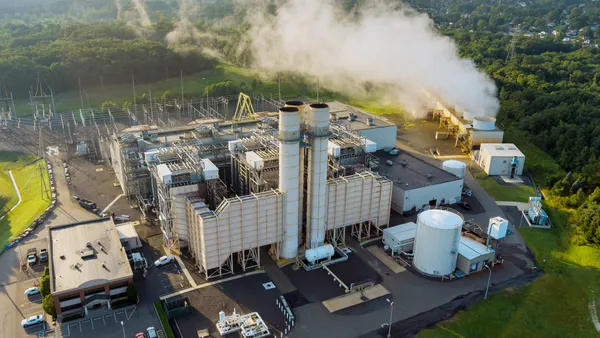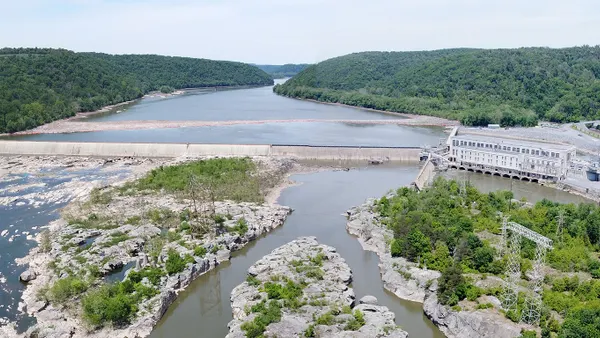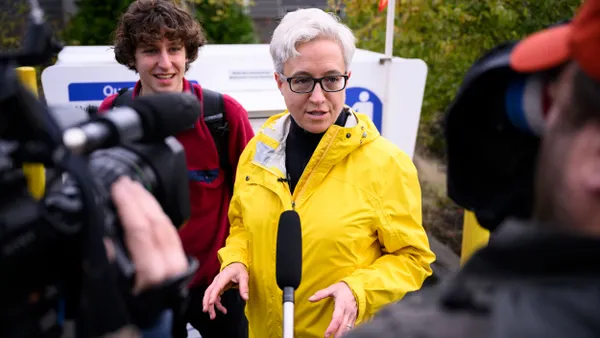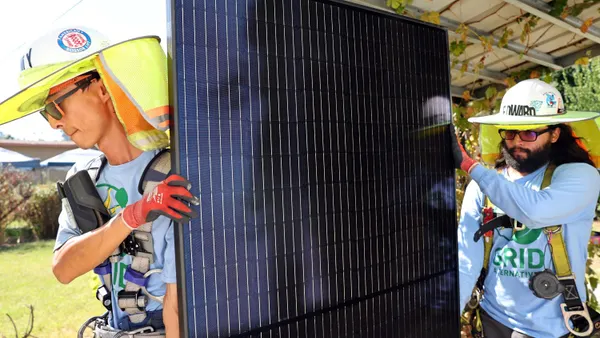Dive Brief:
- Touting environmental and economic benefits, 216 mayors representing all 50 states signed an updated letter calling for more deployment of solar power. The Mayors for Solar Energy effort, organized by Environment America, also includes training and resources for local governments to encourage more solar power.
- "Cities and towns are natural centers of electricity demand, have the rooftops and infrastructure needed for installing solar panels, and can craft policies to help residents and utilities make the switch to solar power,” the letter states.
- The number of signatories, which includes 25 Republicans, has more than tripled since the original letter was released in December 2017.
Dive Insight:
In the absence of federal leadership, cities and states have stepped up to craft climate change plans. According to a survey by the U.S. Conference of Mayors (USCM) and Center for Climate and Energy Solutions (C2ES), 60% of cities have launched or expanded a climate plan in the last year. Clean energy and solar power is a key part of those plans, since many cities have more power over their utility contracts and can compel more solar sources.
The letter specifically calls out "a concerted effort underway on the state and federal levels to limit the growth of solar by fossil fuel special interests" and Environment America is positioning the solar efforts as a rebuke to those in charge. "While our federal government is promoting 19th century energy policies, Americans can look to local governments to lead the United States’ transition to modern clean energy usage," said Emma Searson, Environment America’s Go Solar campaign advocate in a statement.
As the cost of solar panels drops and storage becomes more accessible, it’s expected that more governments and utilities will expand their solar use. Among the strategies that Environment America recommends are partnering with utilities, developing financing plans to lower up-front costs and supporting state-level policies. Boston Mayor Marty Walsh has even floated a plan to partner with other national cities on a renewable energy purchase to help bring down costs and incentivize more development in different regions.














